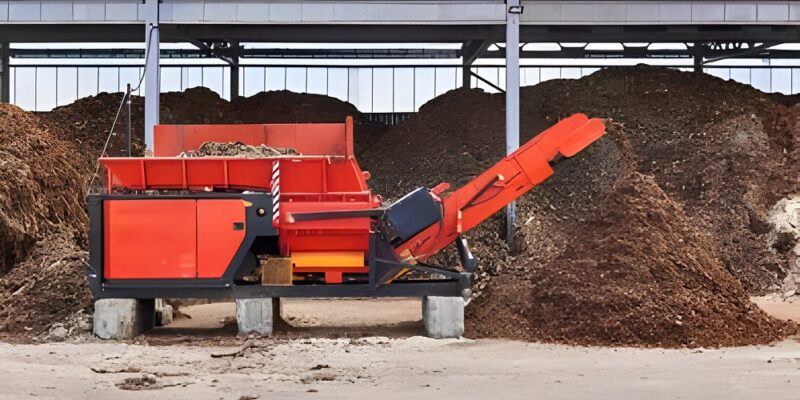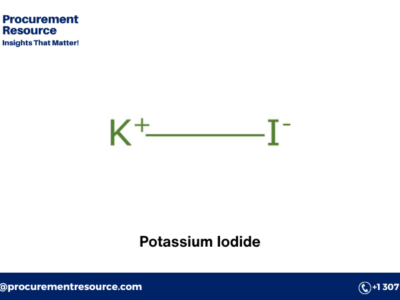
Picking the right wood chipper can greatly improve your productivity and efficiency. This is true no matter if you work in forestry, landscaping, or agriculture. Many options are available. But, picking the right one is hard. This guide will help you navigate the key things. They will ensure you choose the perfect wood chipper for your needs.
Understanding Wood Chipper Machine Types
Before diving into features, you must understand the types of wood chipper machines.
Drum Chippers: These machines use a large, rotating drum with blades to chip wood. They are highly efficient and can handle large volumes of wood. Drum chippers are great for industry. High capacity and speed are crucial there.
Disc Chippers: Featuring a disc with mounted blades, disc chippers are known for producing uniform chips. They are suitable for medium to large-scale operations and are often used in landscaping and agricultural settings.
Screw Chippers: These use a conical screw to draw in and chip wood. Screw chippers are less common but can be highly effective for certain types of wood processing.
Portable Chippers: These are smaller, mobile chippers that are easy to move around. They are perfect for residential use and small-scale operations.
Stationary Chippers: Larger, fixed machines designed for industrial use. They require more space and infrastructure but offer high throughput and durability.
Each type of chipper has its advantages. They are suited to different tasks. So, knowing your needs is crucial.
Assessing Your Wood Chipping Needs
Identifying your specific requirements will help narrow down your choices. Consider the following factors:
Volume of Wood: Estimate the amount of wood you need to chip on a regular basis. High-volume operations will require a larger, more powerful chipper while smaller projects may only need a compact, portable machine.
Type of Wood: Different wood types vary in hardness and moisture content. Make sure the chipper you choose can handle the types of wood you typically process. Some machines are best for softwoods. Others can handle hardwoods and even green, wet wood.
Chip Size: Determine the desired size of the wood chips. Some applications require fine chips, while others may need larger pieces. Choose a chipper with adjustable settings if you need versatility in chip size.
Frequency of Use: Consider how often you will use the chipper. Frequent use requires a more durable, higher-quality machine that can withstand constant operation.
Evaluating Key Features
When choosing a wood chipper machine, several features should be evaluated to ensure it meets your needs:
Engine Power: The power of the engine, usually measured in horsepower (HP), determines the chipper’s capability. Engines with more horsepower can handle larger, tougher pieces of wood. They also run more efficiently. Engines with 50 HP or more are common for industrial use. Residential and light commercial chippers are usually 6 to 20 HP.
Feed Mechanism: Look for a chipper with an efficient feed mechanism. Manual feed chippers require you to push the wood into the machine. Self-feeding chippers use rollers or belts to draw the wood in. This reduces labor and increases safety.
Cutting Blades: The quality and number of cutting blades affect the chipper’s performance. High-quality steel blades stay sharp longer and provide cleaner cuts. Some machines offer multiple blades or a spiral configuration for more efficient chipping.
Hopper Size: The size of the hopper determines the maximum diameter of wood that can be fed into the chipper. Ensure the hopper size matches the largest diameter wood you plan to process.
Mobility and Portability: For operations that require moving the chipper around, consider a portable model with wheels or a towable design. Stationary chippers are better suited for fixed locations with high-volume needs.
Prioritizing Safety and Maintenance
Safety and maintenance are crucial aspects to consider when choosing a wood chipper machine:
Safety Features: Look for machines with key safety features. These include emergency shut-off switches, safety guards, and anti-kickback mechanisms. Some advanced models have sensors. The sensors detect obstructions and stop the machine to prevent accidents.
Ease of Maintenance: Regular maintenance is essential to keep your chipper running smoothly. Choose a model that has easy access to blades and engine. You can use it for cleaning and maintenance. Features like self-cleaning mechanisms and automatic lubrication can significantly reduce maintenance time.
Considering Additional Features and Accessories
Modern wood chipper machines come with many extra features and add-ons. They can enhance their functionality:
Adjustable Settings: Some chippers offer adjustable settings for chip size, allowing you to customize the output according to your needs.
Noise Reduction: Consider machines with noise reduction features, especially if you’ll be operating in residential areas. Quieter machines help reduce noise pollution and improve operator comfort.
Mulching Capabilities: Some chippers come with mulching capabilities, which can be useful for creating mulch for landscaping and gardening.
Extended Chutes: Extended chutes can help direct the wood chips into a specific area or container, reducing cleanup time and improving efficiency.
Towing Attachments: For larger, portable models, towing attachments can make it easier to move the machine around your property or between job sites.
Budgeting and Evaluating Cost
While it’s important to consider your budget, remember that the cheapest option isn’t always the best.
Initial Purchase Price: High-quality chippers may cost more up front. But, they offer better performance, durability, and lower long-run maintenance costs.
Operational Costs: Consider fuel efficiency and the cost of replacement parts. Energy-efficient models can reduce operational costs over time.
Maintenance Costs: Regular maintenance can incur additional costs. Look for models that require minimal maintenance and have readily available parts.
Warranty and Support: A good warranty and reliable customer support can provide peace of mind and protect your investment. Choose a manufacturer known for their customer service and availability of spare parts.
Choosing the right wood chipper machine involves assessing your needs. You need to understand the chipper types and evaluate their key features. You also need to consider safety, maintenance, and extra features. Consider these factors. They will help you pick a chipper that makes your operations more efficient and reliable.
Buying the right wood chipper boosts productivity. It also helps with sustainable waste management. You might be clearing land, maintaining a large property, or managing forestry operations. The right wood chipper can make all the difference. It helps you achieve your goals fast and well.











